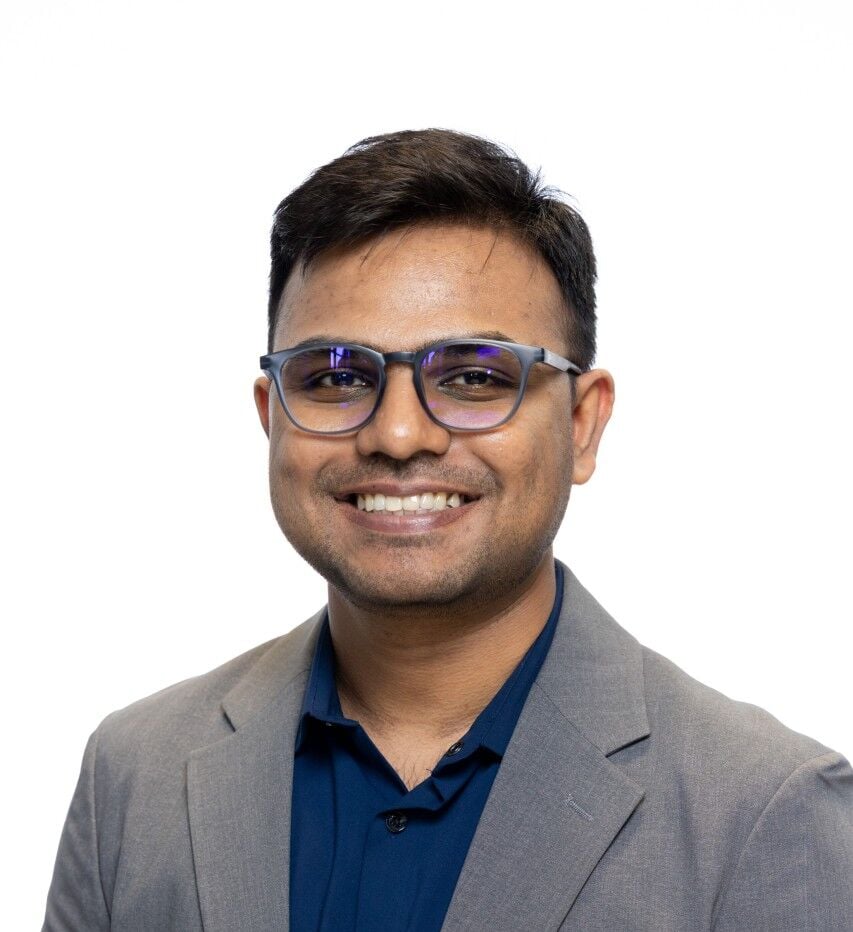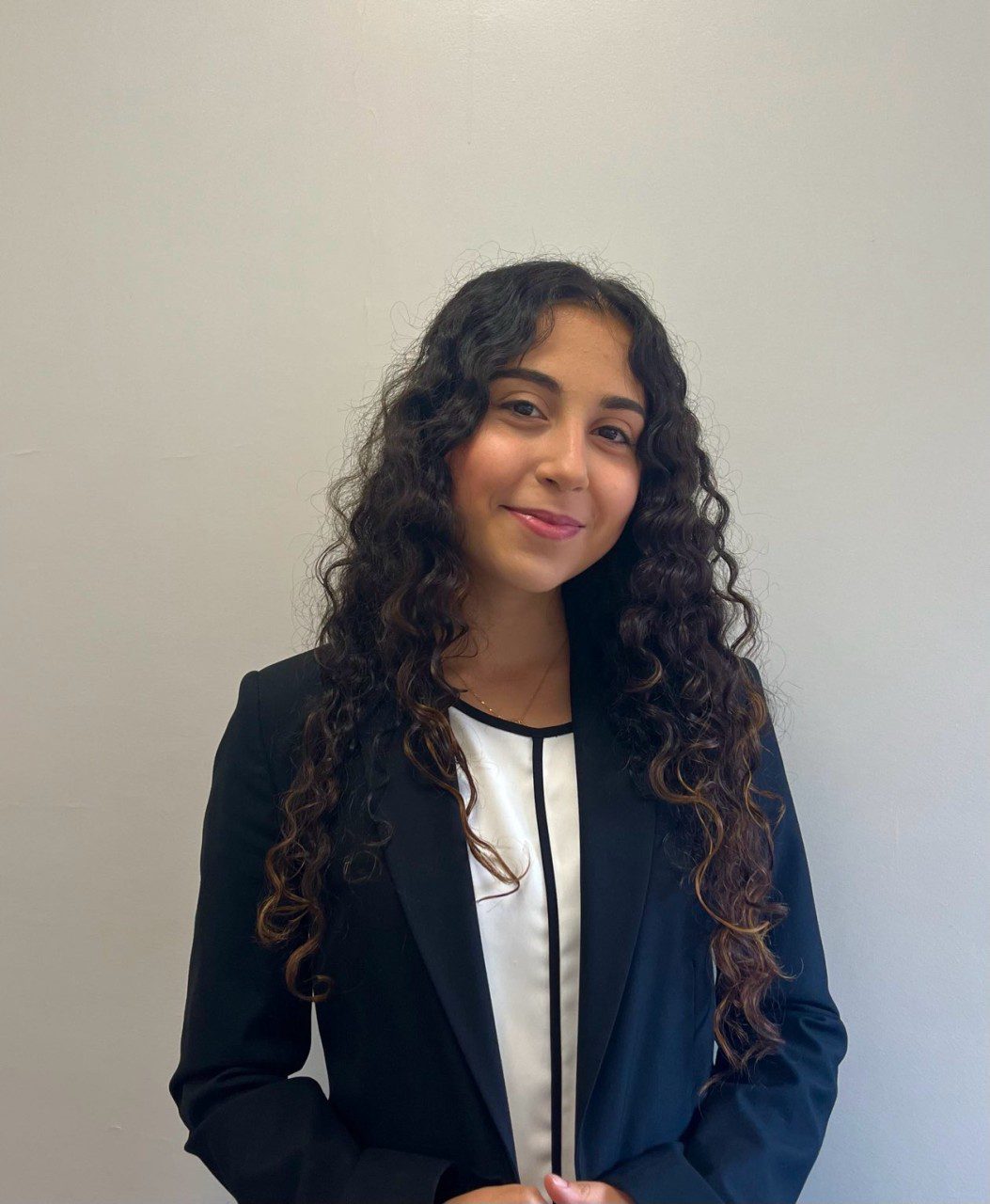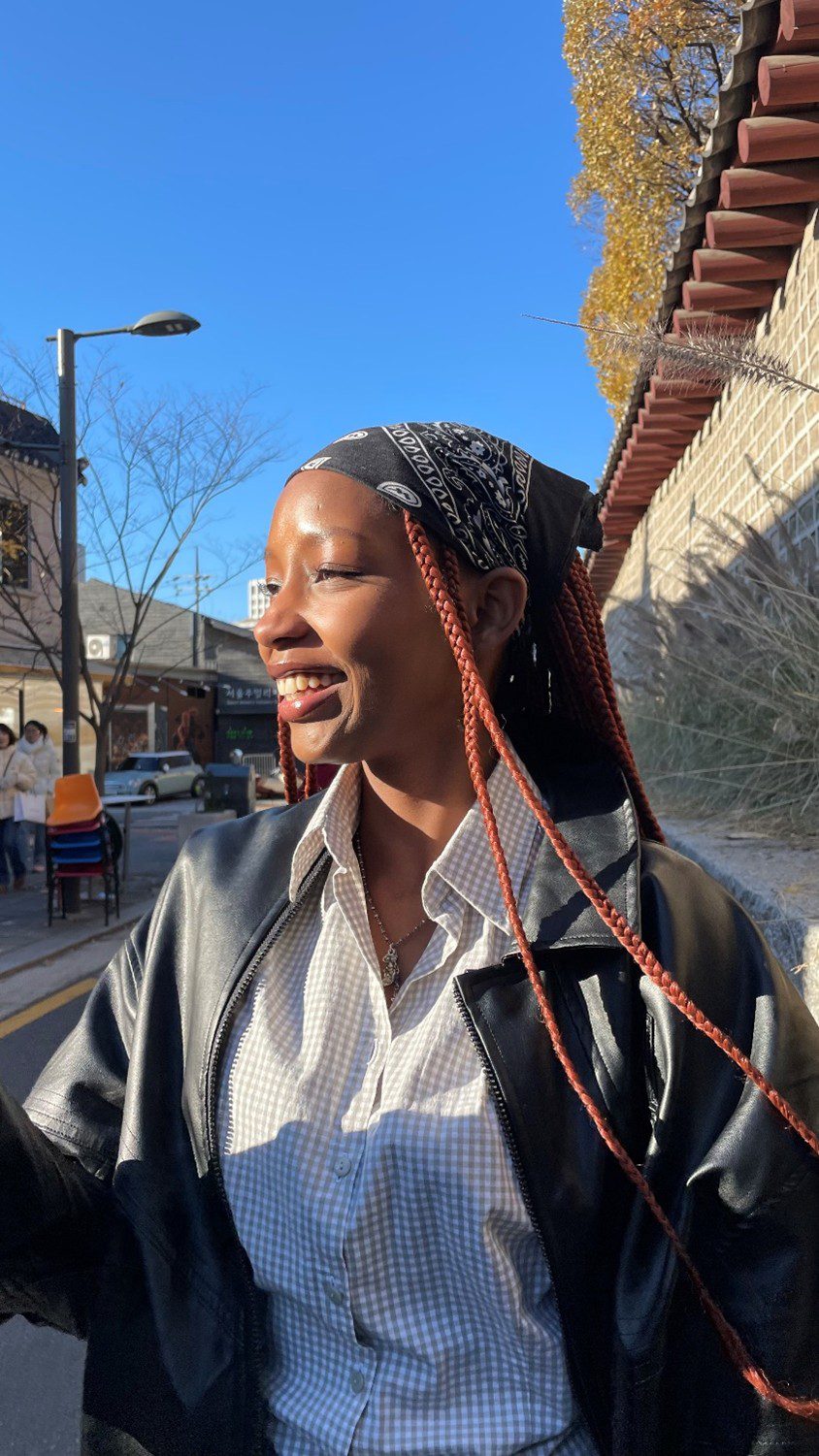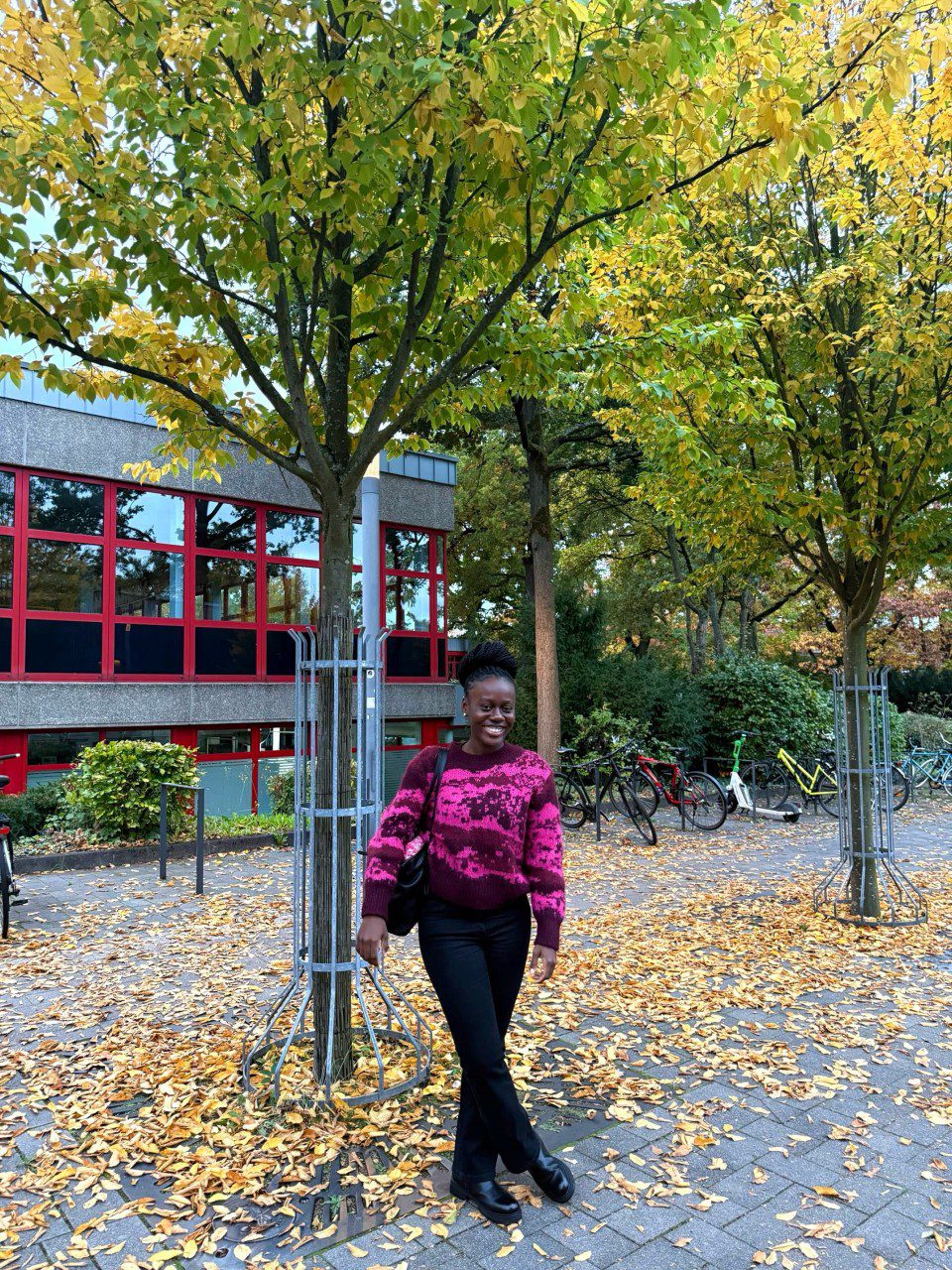Joint Japan/World Bank Graduate Scholar, Ankur from India, Pursues an MSc in Global Health Policy at the London School of Economics and Political Science (LSE), UK
University: London School of Economics and Political Science (LSE)
Degree: MSc in Global Health Policy
Previous Education: Master of Public Health (MPH) in Social Epidemiology, Tata Institute of Social Sciences (TISS), India | Bachelor of Dental Surgery (BDS), DAVV University, India
Scholarship: Joint Japan/World Bank Graduate Scholarship Program (JJ/WBGSP) – Fully Funded (tuition, stipend, airfare)
Social Media
LinkedIn: linkedin.com/in/drankur-nair-231190/

The Journey
My name is Ankur Nair, and I am from India. I am a public health professional with over seven years of experience working to strengthen health systems with organizations like the WHO and India's Ministry of Health. I am currently pursuing an MSc in Global Health Policy at the London School of Economics and Political Science (LSE). I decided to pursue this specific Master's degree to deepen my understanding of the complex interplay between policy, economics, and health on a global scale. My goal is to bridge the gap between evidence-based research and effective policy implementation, particularly in low- and middle-income countries, to address pressing health challenges and reduce inequalities.
Joint Japan/World Bank Graduate Scholarship Details
I am a recipient of the Joint Japan/World Bank Graduate Scholarship Program (JJ/WBGSP). This scholarship is supporting my Master's studies at the London School of Economics and Political Science (LSE). The scholarship covers the full tuition fees for the program, a monthly living stipend, and round-trip airfare.
Educational Background
Prior to my MSc at LSE, I completed a Master of Public Health (MPH) in Social Epidemiology from the Tata Institute of Social Sciences (TISS) in India. Before that, I earned a Bachelor of Dental Surgery (BDS) from DAVV University.
My MPH was crucial as it provided me with a strong foundation in epidemiological and biostatistical research methods, health systems analysis, and understanding the social determinants of health. This quantitative and qualitative research training prepared me to conduct rigorous, evidence-based work. My clinical background from my BDS degree gave me a practical understanding of healthcare delivery at the ground level. This combination of clinical insight and public health research expertise prepared me to engage critically with the high-level policy discussions central to the Global Health Policy field.
How Did You Prepare to Apply to the London School of Economics and Political Science (LSE)?
My preparation was a multi-stage process. First, I spent considerable time researching universities and specific Master's programs that aligned with my career goals, focusing on institutions with strong faculties in global health policy, health economics, and LMIC-focused research. I shortlisted programs at LSE, UCL, and others in the UK and Europe. Second, I meticulously tailored my CV and personal statement for each application, highlighting how my 7+ years of professional experience in India with WHO and the Ministry of Health directly related to the program's focus. Finally, I reached out to my academic and professional mentors to request strong letters of recommendation well in advance of the deadlines.
How Did You Find Information About the Joint Japan/World Bank Graduate Scholarship Program and the London School of Economics and Political Science?
I primarily used online resources. For institutions, I explored university ranking websites (like QS World University Rankings) for public health and social policy, and then delved deep into the websites of individual universities like LSE to understand their specific course content, faculty expertise, and research centers. For scholarships, I used dedicated scholarship portals, the official university financial aid websites, and the websites of major international organizations like the World Bank, which is how I found the JJ/WBGSP. LinkedIn was also a useful tool for seeing the career trajectories of alumni from my target programs.
Did You Take Any Standardized Tests? If So, How Did You Prepare for Them?
Yes, as part of my application requirements for UK universities, I took the IELTS (International English Language Testing System). To prepare, I focused on familiarizing myself with the test format for all four sections: Listening, Reading, Writing, and Speaking. I utilized official IELTS practice materials and sample tests to simulate exam conditions and manage my time effectively. For the writing section, I practiced structuring essays and reports, and for speaking, I practiced articulating my thoughts clearly and coherently on a variety of topics.
How Did You Prepare to Apply to the Joint Japan/World Bank Graduate Scholarship Program?
Preparing for the JJ/WBGSP was an intensive process. I began by thoroughly reading the eligibility criteria and application guidelines to ensure I was a strong fit. The core of my preparation was crafting the two application essays. I spent a significant amount of time reflecting on my professional experience, my career goals, and how the MSc at LSE would help me achieve them. I structured my essays to create a compelling narrative that connected my past work in India, my future aspirations to contribute to health system strengthening in developing countries, and the specific knowledge I would gain from the program. I went through multiple drafts and sought feedback from mentors to ensure my essays were clear, concise, and impactful.
How is (was) Your Experience at the London School of Economics and Political Science (LSE)?
My experience at LSE has been phenomenal. It is an intellectually stimulating environment where you are constantly challenged by world-class faculty and a cohort of incredibly bright and diverse students from all over the globe. The level of discussion, both inside and outside the classroom, is exceptionally high. The opportunity to learn from leading experts in global health policy and engage in critical debates on current global challenges has been invaluable.
What Do You Think Made Your Application Stand Out?
I believe three main factors made my application stand out. First, my extensive and specific professional experience (over 7 years) working directly with high-level organizations like the WHO and India's Ministry of Health provided concrete evidence of my commitment to and experience in the development field. Second, I was able to create a clear and compelling narrative in my essays that connected my past work, my reasons for pursuing the MSc at LSE, and my specific future goals for contributing to health systems strengthening in developing countries. Finally, the prestigious nature of the Joint Japan/World Bank Scholarship itself likely added significant weight to my university applications, while my strong academic record and tailored application essays were key to securing the scholarship.
What Would You Have Done Differently if You Were Going Through the Process Again?
If I were to go through the process again, I would probably start the essay writing process even earlier. While I gave myself adequate time, having an extra month to let the ideas marinate and to get feedback from an even wider range of people could have made the process slightly less intense towards the end. I would also have perhaps explored a broader range of smaller, specialized scholarships, although I am incredibly grateful and fortunate to have received the JJ/WBGSP.
What Advice Would You Give Those Looking to Apply for a Similar Scholarship?
My biggest piece of advice is to focus on your story. Don't just list your achievements; connect them in a narrative that explains your journey, your passion, and your vision for the future. Be specific about why you need this degree from this university and how it is the essential next step to achieving your career goals of contributing to your country or region's development. Secondly, give yourself plenty of time. Research thoroughly, write multiple drafts of your essays, and get feedback from trusted mentors or colleagues. Lastly, be authentic. Let your genuine passion for your field and your commitment to making a difference shine through in your application.
Want to submit your
scholarship journey?
Submit Your Story Here!
More Scholarship Recipients

My name is Maya Mallak, and I am from Lebanon. I am currently pursuing a Master’s in Data Analytics and Artificial Intelli .... Read more

My name is Linet Njoki Kariuki, I’m from Kenya, and I am currently studying in Seoul, South Korea. I’m a third-year unde .... Read more

My name is Maame Adwoa Kyeremaa Ntow from Ghana. I am currently pursuing a Master of Arts in Development and Governance at U .... Read more

Leave A Comment